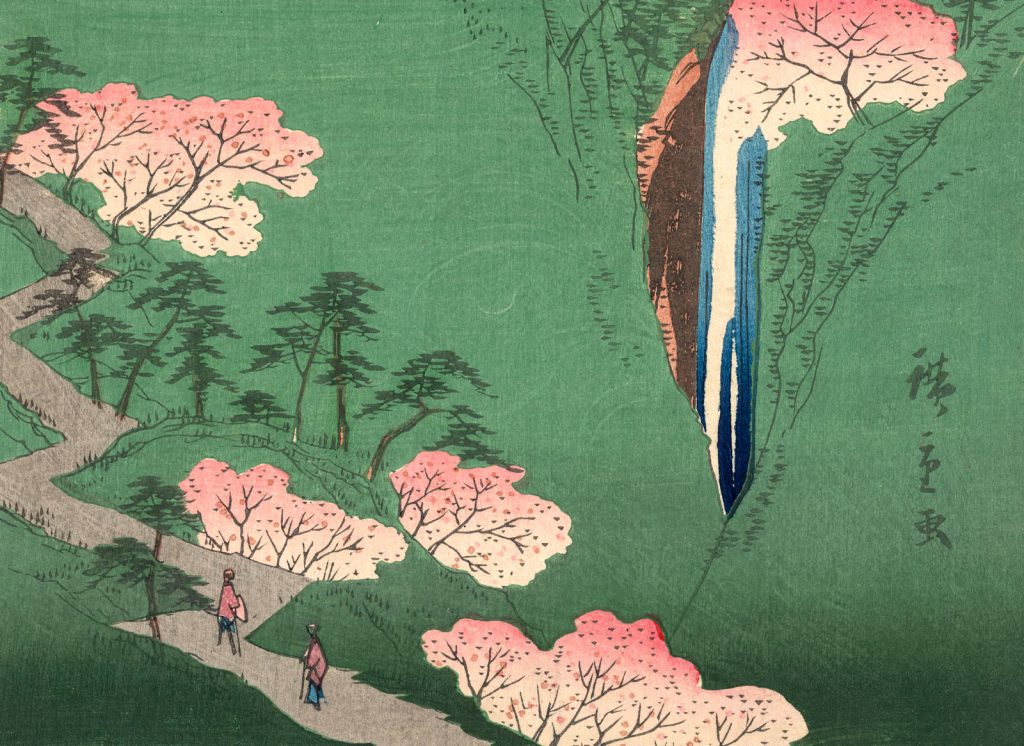The path we walk is not always an easy one. It requires discipline and honest self-examination, and over time may require us to reorder our lives. Nevertheless, we may feel our practice shields us from trouble. But no matter who we are or how we practice, we can’t avoid difficulty. Nothing can totally protect you—not the small you, the you that sees yourself as separate from the people around you.
Our current shared condition is one of widespread fear. When we are caught up in fear, our good intentions are lost. Fear elevates the small self to the highest value. Compassion is that which hears the suffering of others. In fearful conditions, our own noise can drown that out. Wisdom is in part a recognition of our interdependence; fear can hide that from us.
I work on call as a registered nurse in a palliative care program. I have been working a lot lately. Since the crisis began, I’ve felt cautious, but not particularly anxious. My team is warm and supportive, and we rely on each other. The news is a bewildering mix of confusion and falsehood, but I get to start each day talking with rational people about the facts and working to cultivate our best response. I find this is a good antidote to uncertainty.
Friends ask me how it feels to put myself “in harm’s way.” But the Buddhist tradition tells us that we are always in harm’s way, in some sense. Life is a dangerous condition. Birth is the real cause of death, and no matter what I do for my health, death will be the eventual result. A deep apprehension of impermanence allows me to relax and release my fantasies of control—the notion that I know how my life will go. Truly acknowledging this allows me to open my hands. I am reminded, too, that the troubles we are experiencing now in the United States are familiar to most people in the world: shortages and long lines, restrictions on movement, isolation, and concern about our basic needs. We are lucky to be surprised, to be un-used to these kinds of disruptions. The current crisis permits us an opportunity to understand the experiences of others in a raw way.
Everything I know is dying: this body, my ideas, my point of view, my desires and demands—all this rises and falls away. No matter what I do today, I am still going to die eventually. Facing impermanence is a fundamental and impersonal kind of suffering. When we touch this place, we realize our pain is not unique. It is here that bodhicitta, the selfless desire to seek awakening for others, may arise. The thought of enlightenment appears when we see our connection to the world, our unavoidable entanglement with all beings. To take responsibility, then, is an act of fearlessness. We share the blame and the pain. Meeting impermanence without reservation is liberation, because when we realize the transient nature of all things, the separate, small self does not appear.
So how do we move forward, physically isolated from each other and our usual supports? Bodhidharma, the teacher credited with bringing Zen Buddhism from India to China, said that one of the basic practices of the path is to endure hardship. We receive the fruits of past actions over many periods of time, and thoughts of fairness don’t apply. This endurance is sometimes called kshanti in Sanskrit. The word is also translated as forbearance, patience, humility, tolerance, and perseverance. Kshanti is calm, undisturbed by conditions, and thus offers great protection against despair. When we endure, we are not driven by reaction. Kshanti is a kind of deep relaxation in all circumstances. This is not passivity; it is what allows us to be effective. We can work with conditions instead of against them.
We can also lean into this time alone. Buddhism has a great tradition of solitude. After all, the practice is yours alone. No one sits on the cushion for you, no one gives you the answers, no one faces your past for you or makes your choices for you. It is not always easy—but if what we really want is deep understanding, we have to go there, into our own struggle. No one can reveal my heart to myself but myself.
At this unusual time, being alone is part of the bodhisattva path. It is how we save all beings. You may be struggling with loneliness, but I urge you to see this as a false view. Loneliness is a sense of being separated, cut off from others, and this is not truly possible. You are entangled; you are shared. Feeling lonesome is different. Many of us are lonesome now; this is only noticing that you need others, that you miss their presence.
Take one giant step inside. Cultivate being simply alone. Discover what it is like to be deeply aware of one’s self in a comfortable way—aware of one’s self as whole and missing nothing. Know that in your struggle, you are with all beings, because our true struggle is the same—to find our way to oneness, to nonseparation, in this fragile human form.
In the words of Dogen, the founder of the Soto school of Zen, “The Tathagata [the Buddha] has no outside, and in the same way as fences and walls have no outside. Just as the triple world [of desire, form, and formlessness] has no outside, living beings have no outside”(from “The Triple World is Only the Mind” in Master Dogen’s Shobogenzo, trans. by Gudo Nishijima and Chodo Cross). In this very moment, we can drop our false separateness, and our boundaries will expand and reform to hold the world. This is true freedom.
Thank you for subscribing to Tricycle! As a nonprofit, we depend on readers like you to keep Buddhist teachings and practices widely available.

